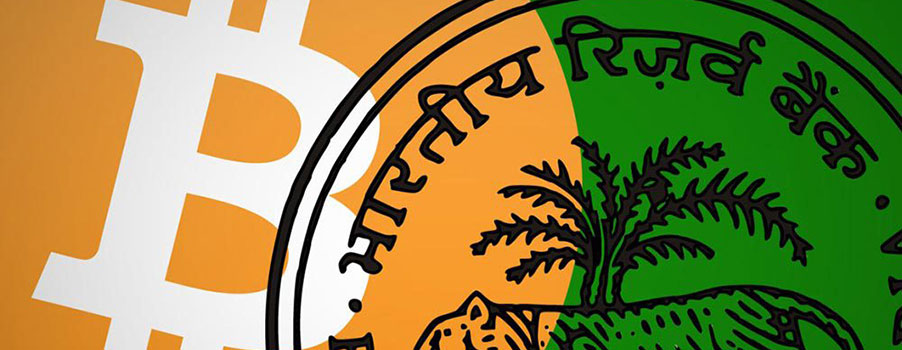Bitcoin’s price yesterday crossed the $8,000 mark for the very first time in over a month. This has already begun to spark speculations that this could be the return of the bull run that last year propelled bitcoin to its all-time high of almost $20,000. But, is it?
This recent rise in bitcoin’s price comes just after a week that saw it increase in value by about 20 percent following news that established financial institutions were eyeing the possibilities of venturing into bitcoin and cryptocurrency as a well as a ton of positive regulatory new from all around the world.
On the same note, bitcoins surge in value has been affecting many other aspects of the crypto industry including the so-called bitcoin dominance which rose to 47 percent this week, which is the highest it has ever been since December 2017 – bitcoin dominance is a measure of how much the total digital currency market is controlled by bitcoin.
What Is the Cause?
Many experts and crypto enthusiasts believe that bullishness around bitcoin can be attributed to the expected approval of a bitcoin exchange trade fund (ETF) that is currently being mulled over by the United States Securities Exchange Commission (SEC). The ETF was filed by New York-based VanEck and a blockchain platform known as SolidX through the Chicago Board of Exchange (CBOE).
If this bitcoin ETF is approved, people will be able to buy bitcoin without having to deal with existing clunky exchanges that usually struggle with cumbersome regulation and lack of trust from the public. According to a report filed but the ICO Journal a week ago, given the rise in bitcoin’s price, it appears that the bitcoin ETF is likely to get approved.
“I would call [the likelihood of approval] 90% at this point. The crypto markets have moderated and regulators have watched the lack of drama surrounding bitcoin futures across several global exchanges,” one of the ICO Journal’s unnamed sources reportedly commented. “The price moderation and adoption of a peer product is what the conversations have centered around. In January we were justifiably concerned about a bubble and the harm a quickly approved product could attract speculators and create losses that led to significant lawsuits. Now, those factors seem to be mitigated significantly.”
Global Regulatory Developments
Investors have also been quite keen on global regulatory news and this might also have something to do with the surge in bitcoin’s value. For instance, South Korea last week set up a government department that is tasked with creating policy initiatives around cryptocurrencies and financial technology.
“Regulation is moving in apace with positive murmurings from governments as they understand the opportunities and risks, and how to tailor their approaches — South Korea being the latest to give another tacit nod,” Charles Hayter, chief executive of digital coin comparison site CryptoCompare, said in an email on addressed to CNBC.










